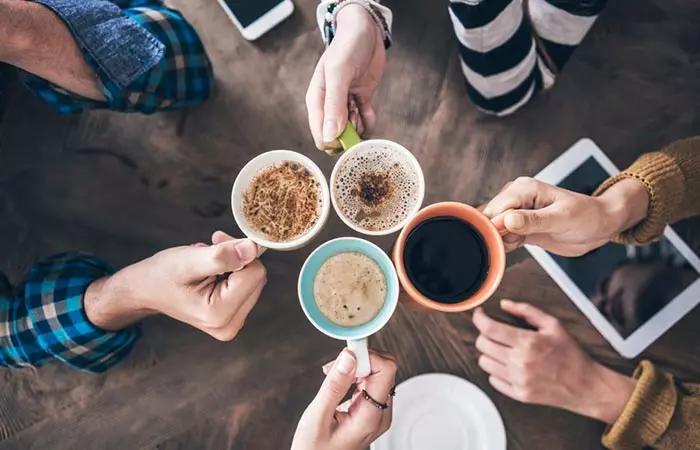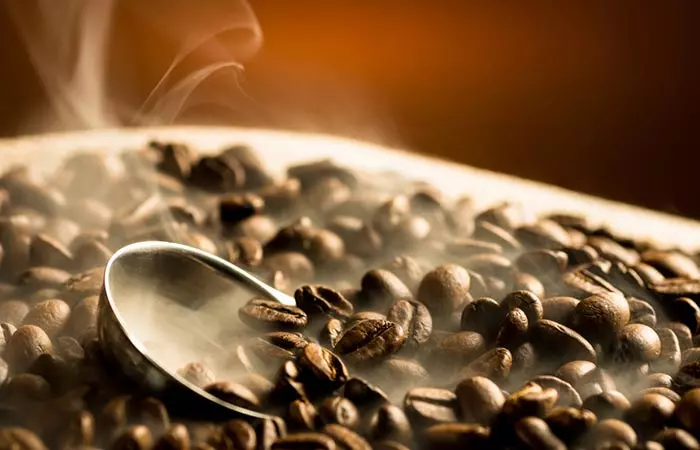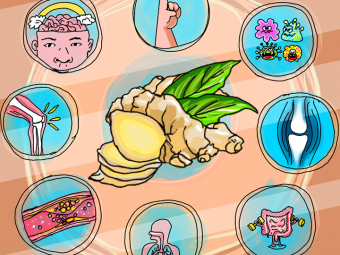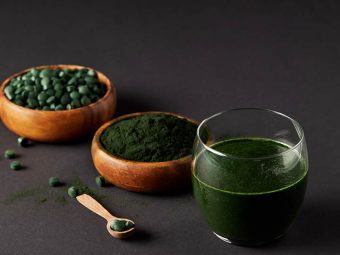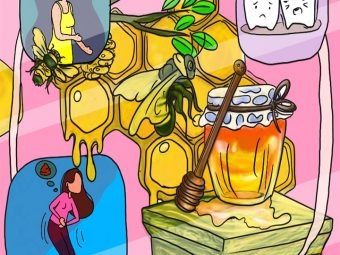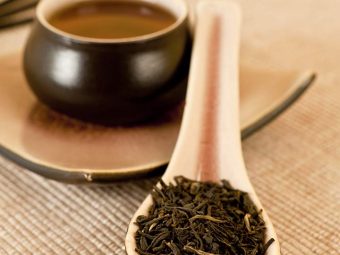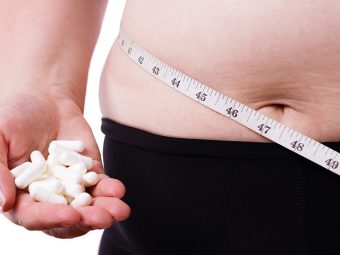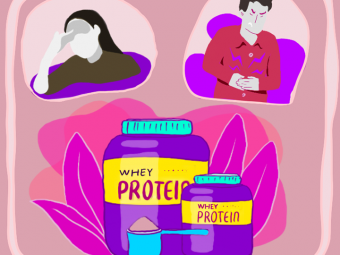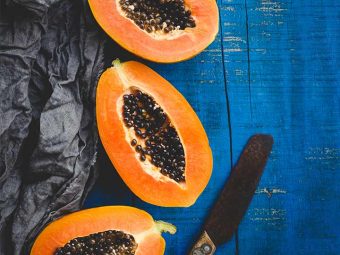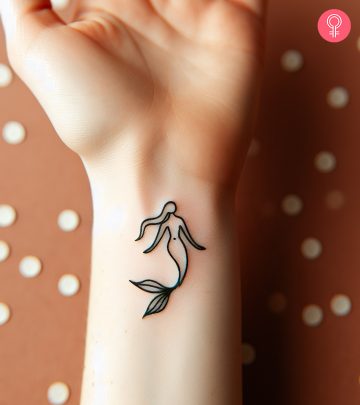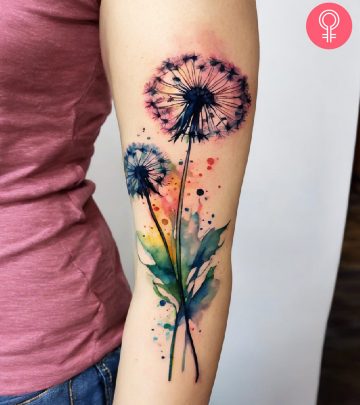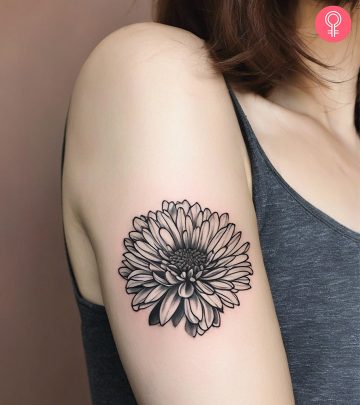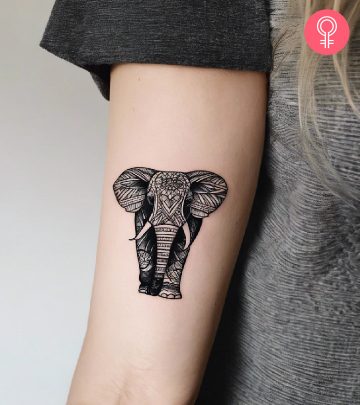9 Myths About Coffee We Continue To Believe In

Image: Shutterstock
Coffee has always been more than just a beverage; in fact it may come quite close to being a cult. For instance, there is a widespread belief, that in the 16th century, Turkish women could initiate divorce if their husbands failed to provide them with good-quality coffee. We don’t know how true that is, but we sure know that the coffee craze is not something Gen Z came up with! But even now, with all the research available, there are myths about coffee embedded in our minds. Here in this article are some popular so-called ‘facts’ about coffee that are absolutely misinterpreted. Read on to know them all.
In This Article
1. Coffee Helps You Slim Down
We admire the optimism, but we need to burst that bubble. First, coffee doesn’t make you burn calories; all it does is curb your appetite, so you don’t feel like eating much after drinking coffee (1). With reduced hunger, you can control the calorie intake, but we don’t recommend taking more than 2 cups of coffee daily.
2. Growth May Be Hindered By Consuming Coffee
There is no scientific proof that coffee can hinder a person’s overall development. This misconception may have risen from studies that incorrectly concluded that coffee drinkers were at a higher risk for osteoporosis. Caffeine intake may raise the risk of illness because it may increase calcium excretion (2). It’s important to remember that osteoporosis reduces bone density but does not affect a person’s overall stature (3).
3. Decaf Coffee Doesn’t Contain Caffeine
According to experts, even if your coffee is decaf, it still contains some caffeine. Although the amount of caffeine in some decaffeinated beverages is significantly lower than that in ordinary coffee (1-2 cups), the recommended dose may be met by consuming 5-10 cups per day (4).
4. Coffee Can Cause Addiction
Caffeine stimulates the nervous system, and if consumed in high doses, you can become mildly addicted (5). However, unlike other addictions, you won’t have to struggle to give coffee up. Symptoms of caffeine withdrawal, such as drowsiness, haziness, and irritability, often fade after a few days (6). Therefore, coffee is not considered an addictive substance by specialists.
5. Coffee Causes Insomnia
There has yet to be any research concerning how much coffee a person drinks and how well they sleep. So this may indicate that coffee does not directly induce sleeplessness. Consuming it in the daytime will not keep you up at night. However, as caffeine is a stimulant, it should be avoided 6 hours before bedtime (7).
6. You Should Quit Drinking Coffee During Pregnancy
Most doctors agree that 200 mg of caffeine daily is healthy, but they also urge pregnant women or those trying to conceive to reduce their coffee consumption (8). This is because the indications & contraindications might vary significantly from patient to patient, and it is usually better to check with your doctor.
7. Coffee Causes Dehydration
The idea that caffeine in coffee causes dehydration stems from 1928 research that found caffeine-containing beverages stimulated urination (9). This has led some to speculate that the beverage is a diuretic. The concept quickly spread, and from then on, coffee was widely regarded as a substance that causes dehydration. However, this myth has been debunked throughout the years, and today experts are confident that coffee induces about as much urination as any other beverage (10).
8. Caffeine Levels Are Higher In Roasted Coffee Beans
Fun fact, lightly roasted beans retain a higher caffeine content. Further, the caffeine content of a bean has little to do with its roasting level, even though dark-roasted beans tend to have a stronger flavor (11).
9. Caffeine Is Bad For Your Health
Experts suggest it’s fine to drink coffee in moderation, so long as you don’t overdo it. It has been hypothesized that limiting one’s coffee intake might lessen one’s chances of developing Parkinson’s disease, heart disease, stroke, liver disease & type 2 diabetes (12).
Coffee is more than just a morning drink to most people and asking them to give it up will only make them hiss angrily at you. But the good thing is, it’s not all bad for your health. The secret lies in consuming it in moderation, which means at most twice a cup daily. Also, substituting sugar with healthier options like stevia and honey will help you take the benefits of coffee without indulging in the harmful effects of sugar. So, what is your favorite coffee recipe? Let us know in the comments section!


